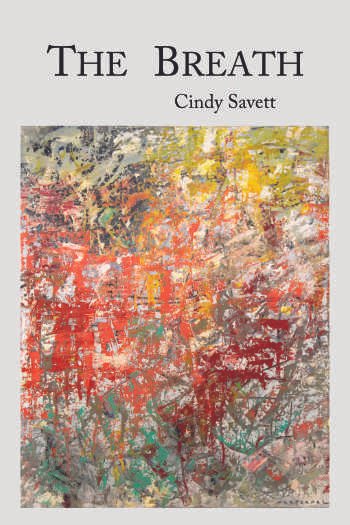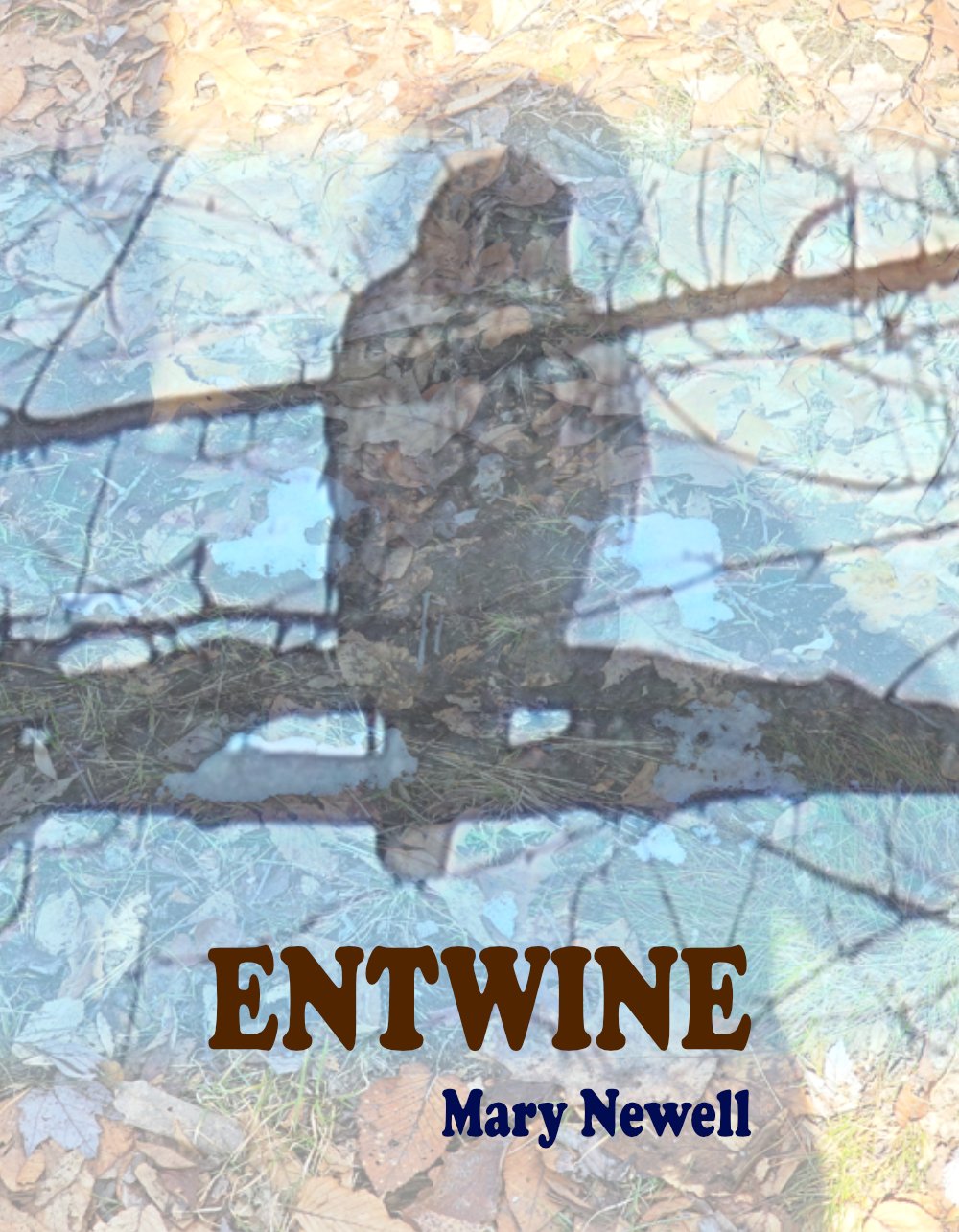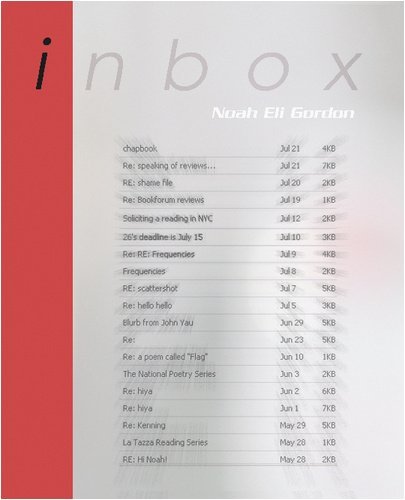Light Reading ranges from micro-minimalist poems to all-encompassing lyric declarations and metatextual litanies. The book’s first section, “Light Reading,” begins with an aubade and ends with a lullaby. In between, these short poems grapple with the marks words make on existence, exploring themes of language and memory, and confronting the work of great poets and thinkers.
The second section of the book, “Bagatelles for Typewriter,” includes an elegy for Czech playwright and President Václav Havel, and poems inspired by the composers Philip Glass, György Ligeti and Johnny Rotten, among others. These open-ended lyrical narratives playfully explode the minimalist complexity of the previous poems.
The book’s third section, “Arrangements,” is a series of creative directives for poetry that takes metatext to the max. Light Reading exhibits a startling formal range and a delightful eclecticism of poetic thought.
The poems in Light Reading interrupt silence with whispers, occasional shouts, erasures’ spaces. Delbos’ lines resonate with startling spontaneity and sprezzatura. A master minimalist, he writes with risible daring and poignance. His mind’s at poetic play throughout these refreshing poems, leaping with erudition, oneiric strangeness, and Czech allusions that would charm Kafka. “Your brain a beehive” and “honey tastes like blood,” he writes in “Bagatelle for György Ligeti, Eternal Light & Honeycomb.” I love the buzz and blood of this book.
—Chard deNiord
Fragmentary, elliptical, and aphoristic, Stephan Delbos’ lyrics resonate beyond the page. As he notes, “language / outlives us.” If American poet Bill Knott whispers below these cool surfaces, so too do Celan and Ritsos, allowing Delbos the “Ghost notes” of his interior yet cosmopolitan voice. There’s warmth too (“here / hang / your / shells / shadows / shame”) and playfulness (“I carry music like Samson / in my beard and later / on my Samsung”). Light Reading, as the title suggests, is breezy and prophetic, mirror and depth, and pleasurably “drunk on wordscotch.”
—Michael Waters
Lorine Niedecker called her work a “condensery,” and the term is equally appropriate to the poetry of Stephan Delbos in his brilliant Light Reading. His minimalist pieces are charged with rare wit and intelligence, his bagatelles are as poised and surprising as those of Bartok, and his tongue-in-teach suggestions for his fellow poets turn out, ironically, to be wise advice despite themselves (“A poem controlled by someone else / A someone who doesn’t speak your language”). According to Delbos, “What is worth believing / is impossible / to believe / and really only / that will save you…” And you better believe it.
—Norman Finkelstein
This is a fascinating, disquieting book whose ghostly narratives emerge from tenuous connections between statements, between words, as well as between words and the page’s negative space. Ineluctably conditioned by the very writing of them, histories of walks along Prague streets, of places where the poet eats or drinks, have become forms of desire. Light Reading’s opening line, “what you cried when you came from the womb is your name,” reveals an intuition of experience that constitutes a radical departure from In Memory of Fire, the prior collection by Stephan Delbos. Midway through the new volume the equally laconic “Why Writing” makes this observation: “they made our names of words.” To be human is to be suffused by language. And to write is the most human act, which brings us to fullness. Naming allows us to belong, yet the poet, the artist, who makes marks in the world fashions our existential paradox; inscription throws the self into flux. Delbos has crafted a poetry of ideas. His marvelously lyrical insouciance both destabilizes and heroicizes our belief in the poet’s vocation.
—Burt Kimmelman
Book Information:
· Paperback: 102 pages
· Binding: Perfect-Bound
· Publisher: BlazeVOX [books]
· ISBN: 978-1-60964-320-1





